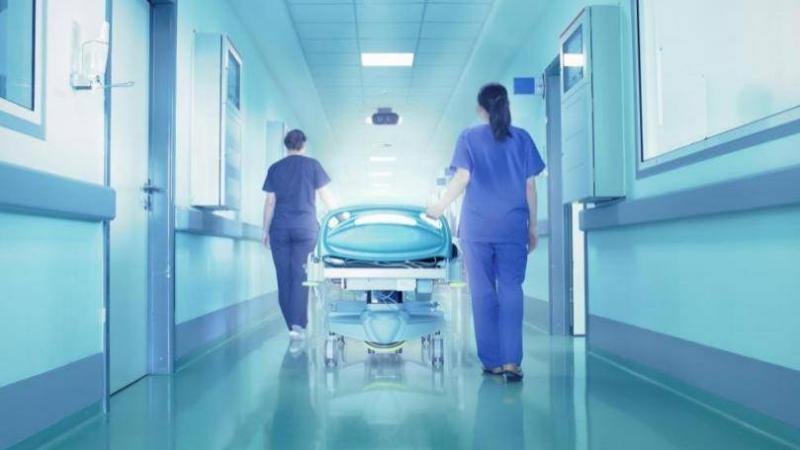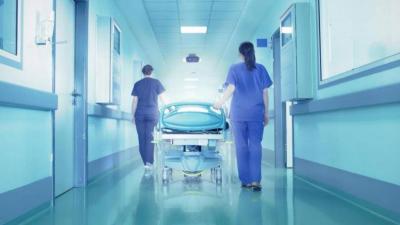The central issues faced by hospitals have been worsening since the onset of the economic crisis, and the situation becomes more dire with each passing day. Despite repeated appeals from hospital owners urging officials to take action and find solutions to protect patients' lives, their cries appear to fall on deaf ears. The latest escalation occurred around two weeks ago when medical and hospital sector workers staged a protest in front of the Central Bank of Lebanon in Beirut, organized by the Hospital Syndicate along with the Lebanese Medical Syndicates in Beirut and Tripoli. This protest was aimed at expressing discontent over the seizure of their funds in banks and the lack of necessary liquidity. The protest coincided with a two-day warning strike executed by these syndicates on May 26 and 27 in clinics, health centers, and hospitals, excluding only emergency and critical cases as well as dialysis and chemotherapy treatments.
Despite ongoing demands from hospitals to compel banks to allow them to use their accounts to pay for medical and non-medical supplies and employee salaries, the situation remains unchanged. The syndicate warned that this issue could lead the sector to a critical point, resulting either in hospital closures or requiring patients to pay their bills in cash fully—neither of which is desired, but may become unavoidable.
Suleiman Haroun, the head of the private hospitals’ syndicate, confirmed to "the central" that "the pressure from banks is intensifying, causing a liquidity shortage since it is almost non-existent, while traders demand payment for goods in cash and in dollars." He noted the severe shortage of medications and highlighted the risks posed by the lack of essential dialysis drugs like Heparin injections, as well as cancer medications. These are chronic and serious conditions that cannot be neglected or left untreated.
Regarding fuel prices, he emphasized that “they are burdensome for hospitals because the cost of diesel has exceeded the total salary expenses, and prices are set to rise further in global markets.” Haroun explained that “Health Minister Firas Al-Abiad is the only one making efforts to find a solution, especially concerning the relationship with banks and transferring funds to suppliers abroad. However, other concerned parties and officials, particularly the Prime Minister and the Governor of the Central Bank, are not responding to him to mitigate this disaster.”
When asked if the syndicate is preparing or considering further actions following the strike, he indicated that some issues are arising, such as various patients being unable to receive treatment due to the medication shortage.
On the topic of the Corona file, where the Ministry of Health has warned about new mutations raising infection numbers, Haroun explained that “there hasn’t been a noticeable change regarding hospital admissions, but the rate of positive results has somewhat increased without alarming signs until we noticed last week that the positivity rate of tests had risen slightly.” He urged citizens to "exercise caution and not relax in implementing precautionary measures.” He continued, "Most Covid-19 departments have closed, as there is now little reason for them to remain open. Admission to hospitals is no longer a source of concern, although we are closely monitoring the reasons behind the rise in infections, which are not massive, ranging between 100 and 150 daily, and even the symptoms are mild and do not require hospitalization."




